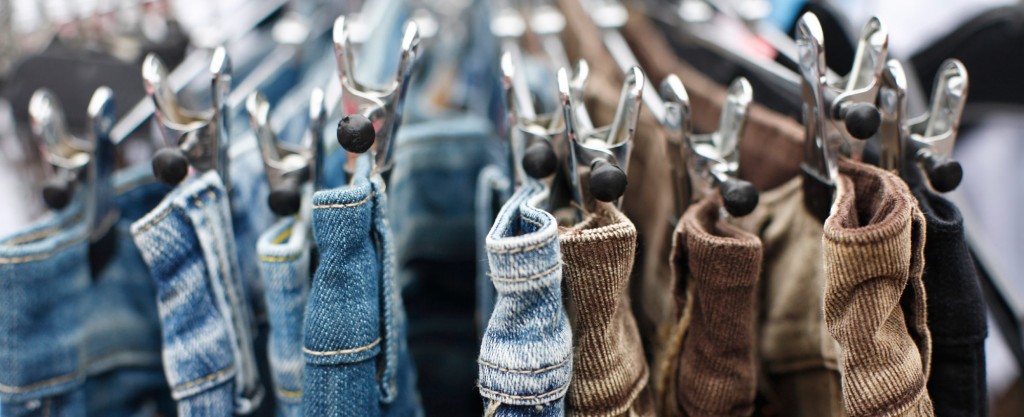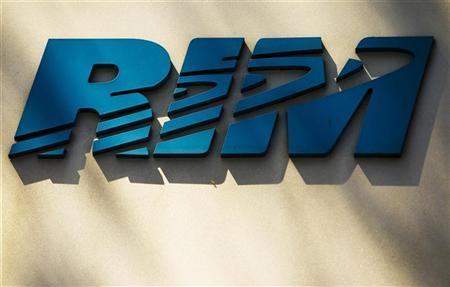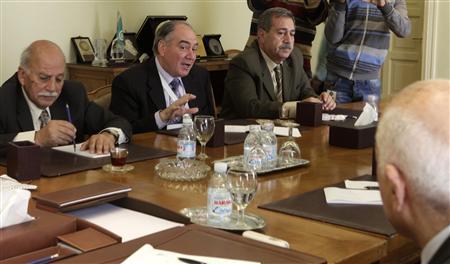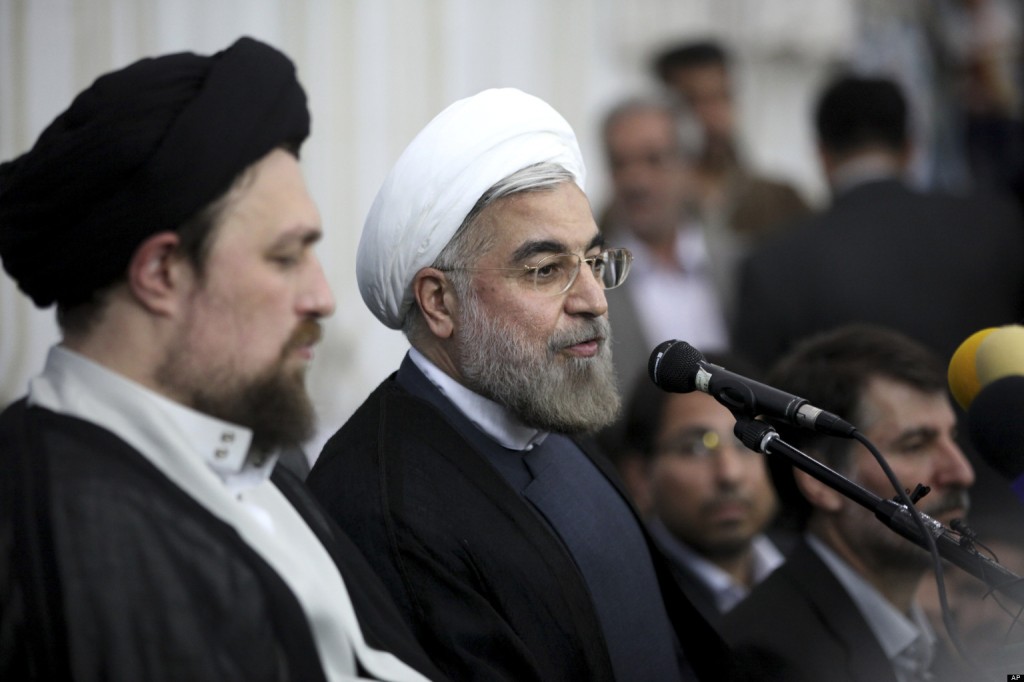Accord on Fire and Building Safety, set up after Rana Plaza garment factory deaths, aims to front-load spending this year
e-News® | The NEWS Company… : Retailers and clothing brands are being asked to pay an extra $6.8m (£4m) towards factory inspections and worker education following the collapse last year of the Rana Plaza garment factory in Bangladesh.
In its first annual report, the Accord on Fire and Building Safety, in Bangladesh, the body set up in the wake of the disaster to ensure higher factory standards through a legally binding agreement, said it was supported now by more than 180 brands and retailers, including H&M, Primark, Puma, and Marks & Spencer.
The organisation said it had carried out inspections of 800 out of the 1,500 factories used by its members and that 16 factory buildings had been temporarily closed. Seven of these had reopened after new safety measures were put in place.
The organisation aims to have inspected all the factories by the end of September, and to have developed action plans to improve fire and structural safety within a year.
The group, which was set up soon after the Rana Plaza factory complex in Dhaka collapsed causing the deaths of 1,129 people in April 2013, said it still expected to spend up to $48m over five years on the project but needed to frontload expenditure to complete the inspections, instead of spending in equal amounts over five years.
So retailers and brands are being asked to contribute $16m this year, up from $9.2m last year towards completion of the programme, amounting to an increase of $6.8m.
Those contributions will not cover the work to improve the factories; this will be paid for by the factory owners, though the group’s retailers and brands are ensuring that sufficient funds are available for the work and for worker compensation if a factory closes.
Some factory owners have threatened legal action to demand compensation because the group is not providing direct funding to help support workers who have been laid off temporarily.
Anger mounted after a rival scheme, the Alliance for Bangladesh Worker Safety, set aside $5m to help pay workers.
On Tuesday the alliance released its annual report, in which it estimated that the cost of fixing up the 600 factories its members used would cost $150m. Again those funds were to be supplied by factory owners. Signatories to the alliance, such as Walmart and Gap, are being asked to assist with soft loans or promises of orders to help factory owners comply with improvements.





































